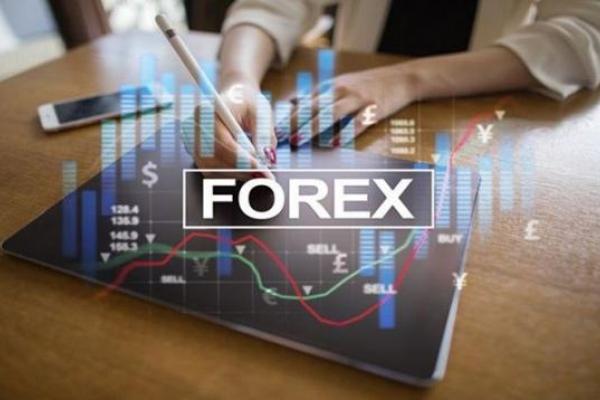You’ve probably heard it a hundred times already “forex is the way out.” People talk like it’s some golden ticket. Scroll through Instagram or Twitter, and it’s just screenshots of wins and profits and some guy trading from a resort in Dubai. But here in Nigeria? It’s a different story.

For most folks, it starts with curiosity. You see a friend making a few dollars online and think, “Why not me?” So you download an app, maybe watch a couple of YouTube tutorials, and boom you’re in the market. Except it’s never that smooth. Most end up confused within a week, wondering why their account is already half gone.
Here’s where people mess up: they jump in before figuring out the basics. Like, how does forex even work? Why do currencies move the way they do? And more importantly what platform do you use that won’t freeze the second the market gets volatile?
The truth is, picking a solid forex platform matters way more than people think. You want something that actually works well with Nigerian banks, doesn’t glitch when news hits, and doesn’t feel like it was built in 2005. Mobile-friendly helps, most of us aren’t sitting at desktops all day.
The Bigger Picture Nobody Talks About
Most new traders focus only on charts. Candles go up “I buy.” Candles go down “I sell.” But rarely do they stop and ask why prices are even moving.
Ever heard the phrase what are economic indicators? If you haven’t, that’s where you start. These things basically tell you how strong or weak an economy is. Unemployment rates, inflation numbers, interest rate decisions all that boring-looking stuff that actually drives the whole market.
Say the U.S. releases some killer job numbers, guess what? The dollar’s probably going to spike. Or if oil prices crash, it might hit the naira hard, considering how much we rely on exports. It’s all connected. Once you start seeing those links, trading stops being random guessing and starts making a bit more sense.
But yeah, no one teaches this in school. You kind of have to stumble into it and learn by losing. That’s the game.
What It’s Actually Like Here
Trading in Nigeria comes with its own set of chaos. Light goes out mid-trade. Your internet provider randomly decides to go on break. And sometimes local payment gateways act like you’re funding a rocket launch instead of a trading account.
Still, people push through. Because the idea of making money outside the usual 9-to-5 grind is just too appealing. Even making $20 a day in dollars feels like a win when prices at home keep rising every other week.
But don’t get it twisted, most traders lose. Not because they’re stupid, but because nobody told them this stuff takes time. You’ve got to blow a few demo accounts. Get emotional. Enter too early. Exit too late. It’s all part of the learning curve.
Eventually, though, you settle down. You stop chasing every trade. You stop watching five indicators at once. You start thinking long-term. And that’s when it starts feeling like something real.
So, Where Do You Start?
If you’re still testing the waters, don’t overthink it. Start with a demo. Watch the charts. Get used to how the market moves. And when you’re ready to go live, make sure your platform doesn’t give you extra problems.
A lot of Nigerian traders eventually land here with a simple layout, fast execution, and it plays nice with local payment options. It’s not magic, but it’s not trash either. That’s a decent start.
But again, tools are just tools. You’ve still got to put in the work. No shortcuts.
Real Talk to Wrap It Up
The hype around forex in Nigeria isn’t going anywhere. And honestly, that’s fine. It’s one of the few things out there where regular people can tap into something global. No gatekeepers, no fancy degree needed. Just your brain, some discipline, and a bit of time.
But go in with your eyes open. Learn what moves the market. Don’t rely on vibes and screenshots. And if you’re still asking what are economic indicators, that’s a good thing because it means you’re asking the right questions early.







